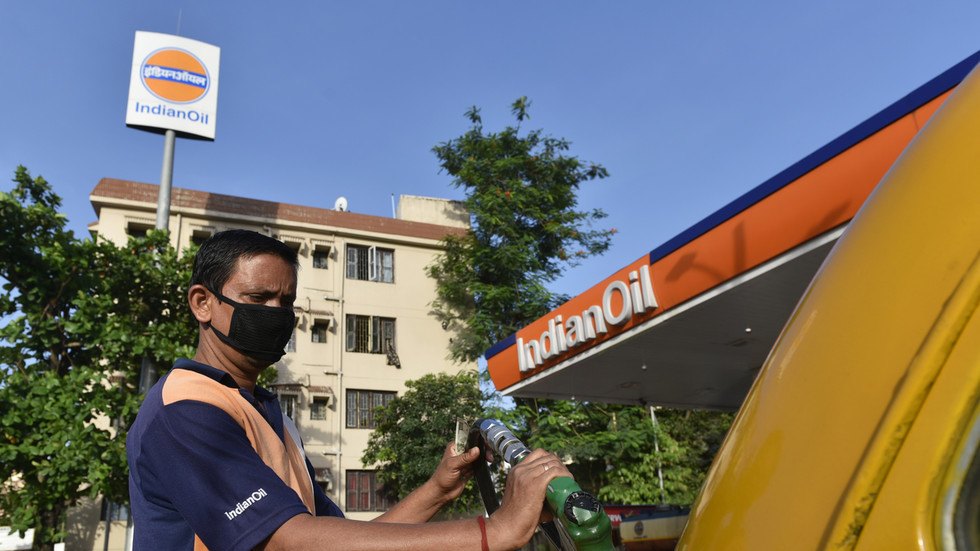A recent
TikTok trend
involving the creation of "
glass fruit
," also known as
Tanghulu
, has raised concerns among medical professionals due to the potential for severe burn injuries in children attempting to recreate the recipe at home.
The trend involves microwaving a mixture of sugar and water until it boils, then dipping skewered fruit into the hot liquid and allowing it to harden.
Shriners Children's Hospital in Boston has reported an increase in cases of children suffering from deep burns caused by spilt sugar during the Tanghulu-making process. Dr Colleen Ryan, a surgeon at the hospital, treated two patients within a two-week period who were injured while attempting the trend, according to Fox News.
She explained that melted sugar has a high heat capacity, meaning it can cause more severe burns than other hot liquids, such as soup, due to its unique properties. These burns are often small but deep, and they can occur in critical areas like the hands or face.
Dr Ryan and her colleagues, both in the United States and internationally, have observed a rise in these types of injuries related to the cooking trend.
She encourages parents to be aware of the potential dangers and to ensure that their children have learned proper cooking safety measures before attempting to recreate the trend at home.
Dr Marc Siegel, a senior medical analyst for Fox News and clinical professor of medicine at NYU Langone Medical Center, also warned of the "contagious" nature of these viral trends among children and the dangers of melted sugar.
In the event that a child does suffer a burn, parents are advised to remove clothing from the affected area, wash the burn with cool water, and seek medical attention if necessary. Blistering indicates a second-degree burn, which may respond to burn creams, while leathery burns that appear black, brown, or white in colour may be third-degree and require immediate medical attention.

 3 months ago
15
3 months ago
15









